By Ashley W. Craig, Co-Chair, International Trade and Logistics Group, Venable LLP;
and Wes S. Sudduth, Associate, Venable LLP
As novel coronavirus (COVID-19) lockdowns ease, and Chinese production resumes, new critical infrastructure and essential operations requirements will arise within shipping and logistics.
Both the U.S. Department of Homeland Security and Federal Maritime Commission (FMC) have issued private and public sector guidance.
The FMC has actively initiated two specific fact-findings:
- FMC Fact-Finding No. 29 Into International Ocean Transportation Supply Chains: This identified operational solutions to COVID-19 transportation and logistics challenges.
- FMC Fact-Finding No. 30 Into the Cruise Sector: The commission announced an investigation into this industry’s economic health. Findings included solutions to mitigate COVID-19 effects.
COVID-19 Changes & Challenges
FMC Commissioner Rebecca Dye in mid-June announced COVID-19 operational changes on behalf of her agency and stakeholders.
Commissioner Dye has initially focused on the ports of Los Angeles and Long Beach. As the busiest U.S. ports, these transportation hubs require increased transparency and information sharing.
The following recommendations were noted:
- At Least a Seven-Day Prior Notice of Terminal Gate Closures
- All blank sailings must be prominently posted on respective carrier company websites at least one week prior.
While the pandemic endpoint remains unknown, recent economic data indicates trade momentum. There must be continued engagement discussions among worldwide government authorities. This helps identify potential complications, while providing transparency and practical recommendations.
COVID-19 Regulatory Environment
Regardless of a flattened curve, we’ll still be living in a COVID-19 regulatory climate for the foreseeable future.
New rules typically remain after a major event. There are still some intact following legal and bureaucratic infrastructures post-Sept. 11th. These include the restructuring of Customs and Border Protection, Importer Security Filing requirements, the Customs-Trade Partnership Against Terrorism program, and World Customs Organization protocols.
Ports & Supply Chains
Even with Chinese production increases, COVID-19’s ongoing world trade impact has led to port volume and throughput downturn trajectories.
The supply chain has also experienced challenges. These include initial volume reduction; sourcing changes; increased personal protective equipment exports; and continued U.S. trade conflicts with the EU, China, and others.
The current administration’s trade policy rhetoric created further supply chain uncertainty. Many shippers had already implemented changes resulting from U.S.-China tariff backlash.
The preceding blog was excerpted in part from the CAF Quarterly Forecast. For additional insights, please complete the form below to download the full Q3 2020 edition.
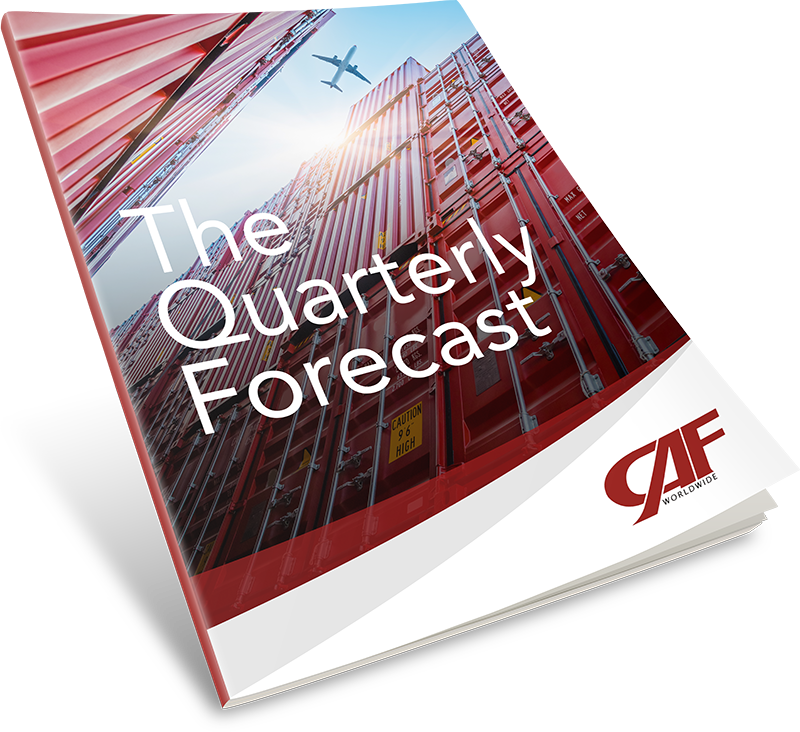
Download The Quarterly Forecast Now
Issue 8: July 2020
Featuring Insights from Customs Brokerage Expert and CAF Worldwide CEO Joe Barry, Trade Lane Notes by Director of Operations Torie Coleman, Thought Leader Commentaries, Legal Insights, and more!
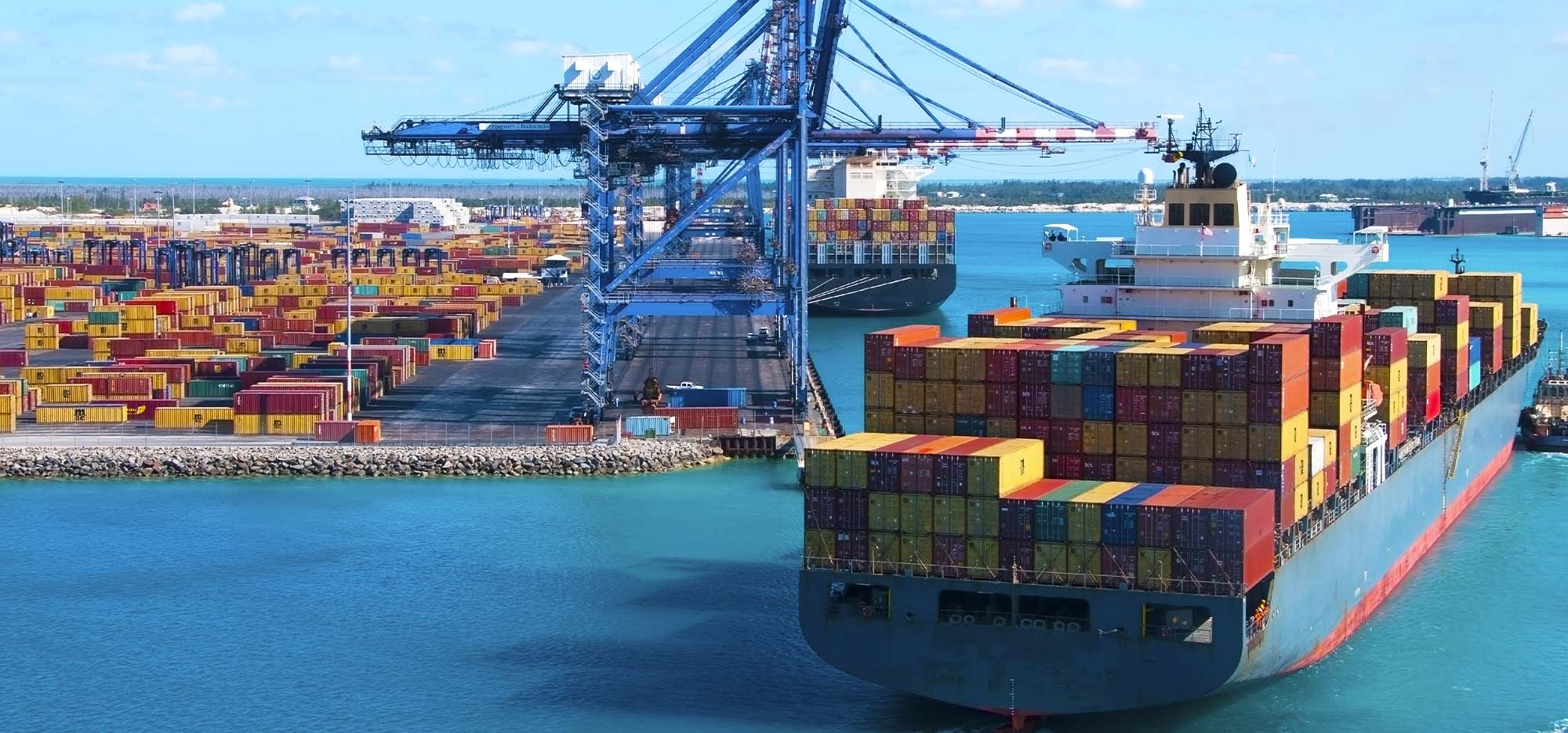
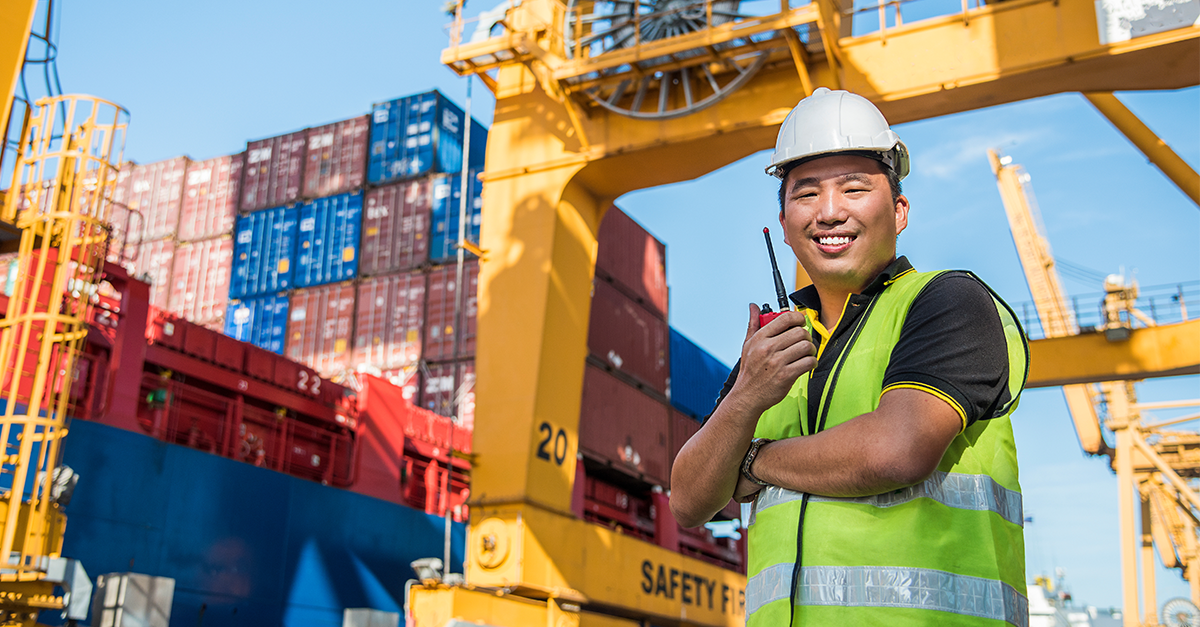
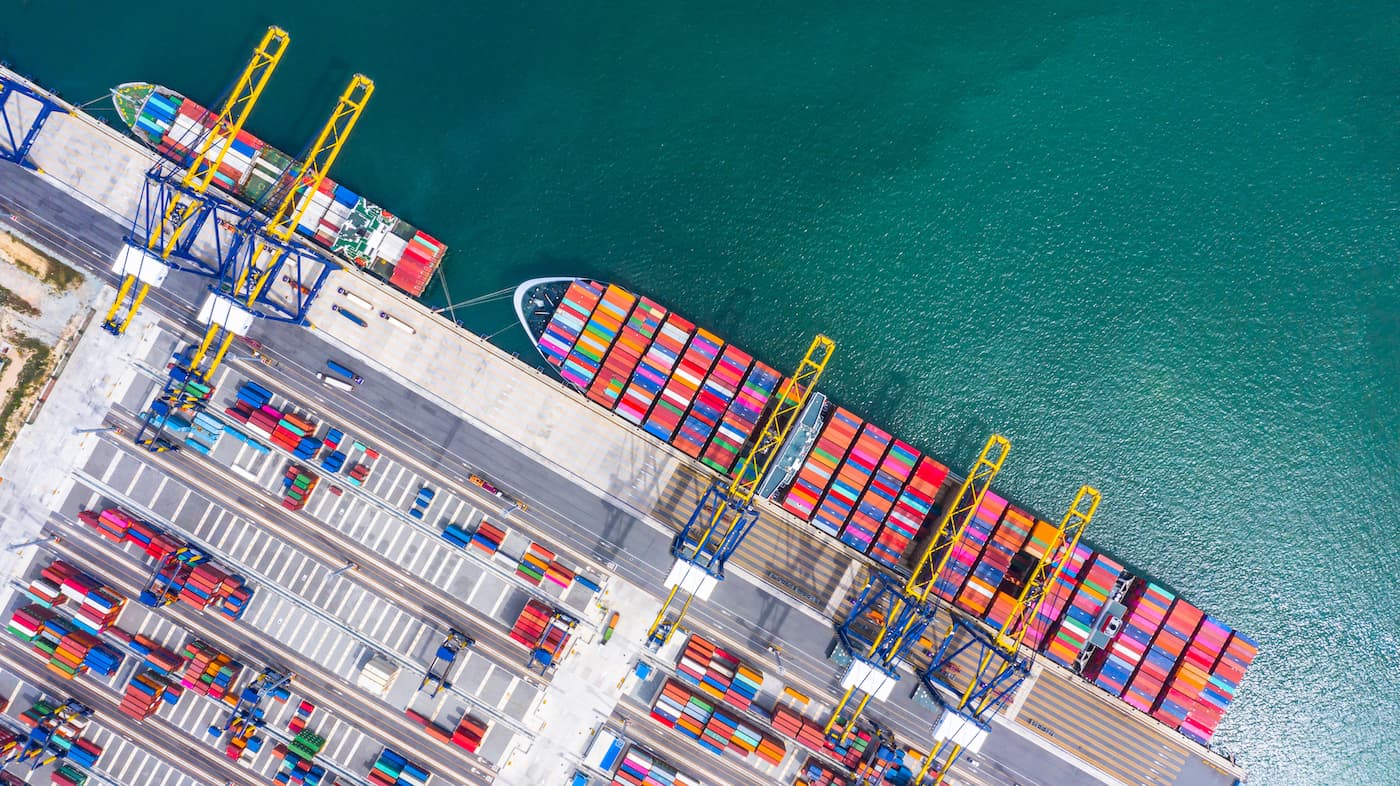
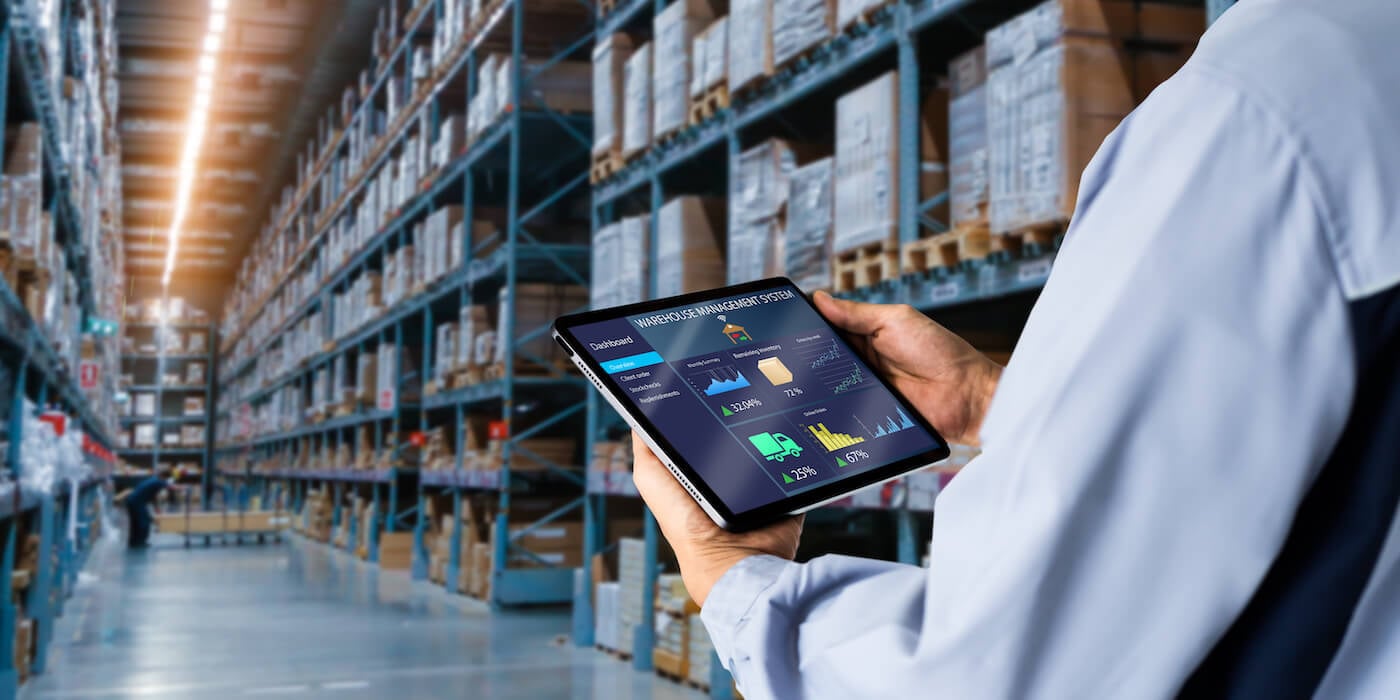


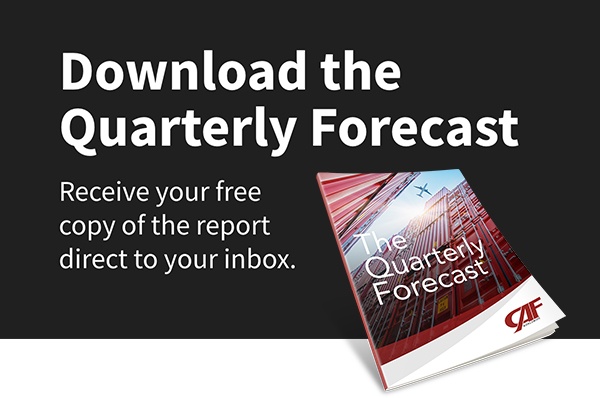

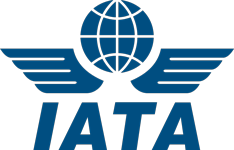





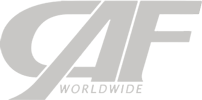 Copyright 2026 CAF Worldwide. All rights reserved.
Copyright 2026 CAF Worldwide. All rights reserved.